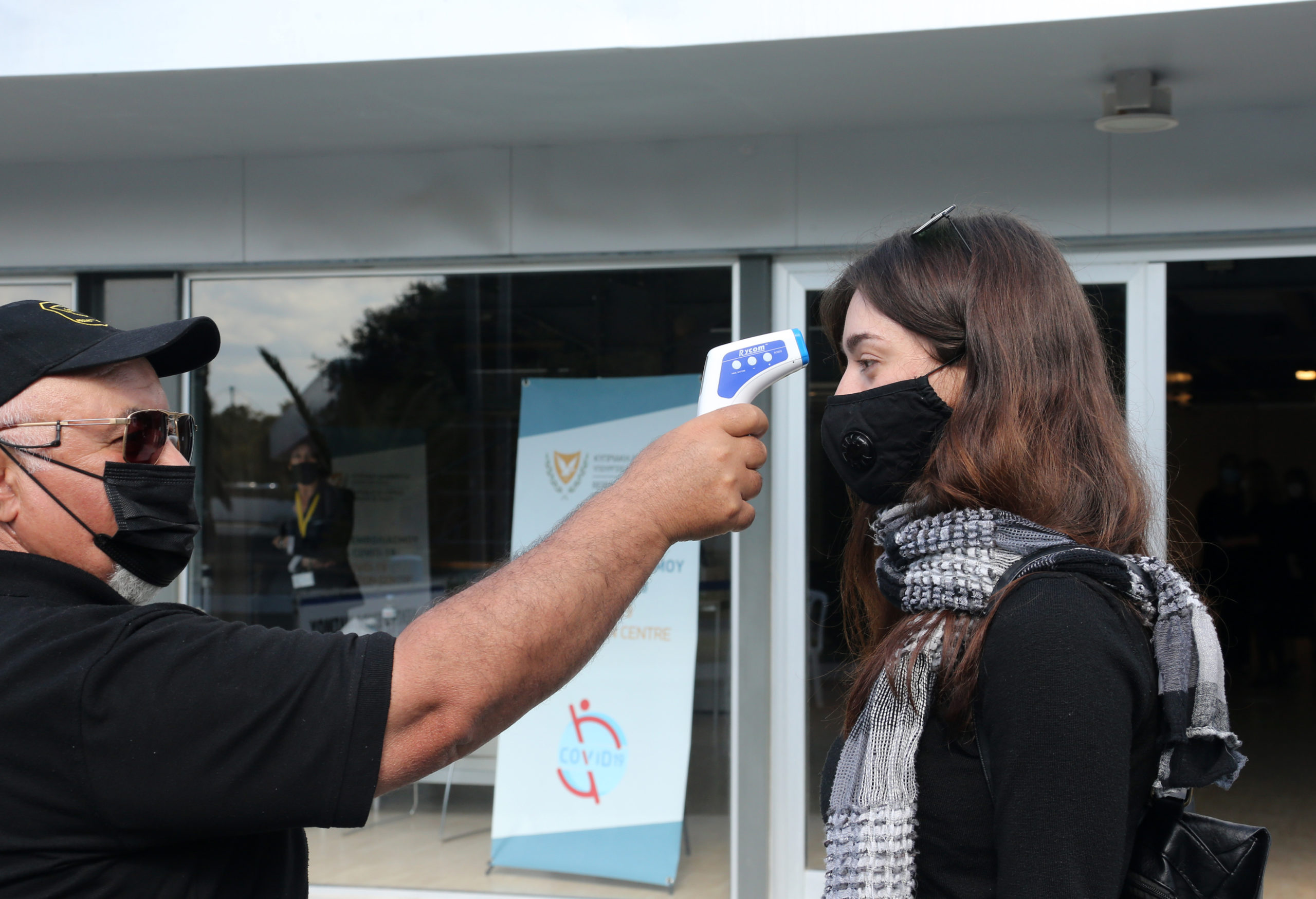There is a heavy cloud of uncertainty permeating the air even though the authorities are confident that Lockdown II can be eased out of the way in the coming weeks.
The pandemic has seen the economy carved into pieces to save and protect lives.
Some will say the sacrifice has been too great, with people losing their jobs while not knowing whether they will find meaningful employment in the months ahead.
And our national health system has been put under strain to cope with a deadlier second wave without knowing the cost of postponing routine surgeries or denying access to life-saving treatments.
As a society, we have become more divided, with the disadvantaged or frontline worker feeling the pandemic’s brunt.
Those who can work from home and stay socially distanced in open living spaces have been able to ride the bumps better.
Large swathes of the economy have been put on ice for almost 12 months.
There is no knowing when night clubs will open again or other indoor entertainment venues.
Organised sport, especially for the youth, has been severely disrupted, rendering a hidden toll on our physical and mental health.
Attending live sporting fixtures has also been taken from us with few indications when people can become a crowd again, singing or chanting with one voice.
Social interaction is limited; the hustle and bustle of going out socially seem to belong to the last century.
Hospitality is another innocent victim of the pandemic that destroys social contact.
True, the government has had to make hard choices in sacrificing economic prosperity for public health.
It has been commendable, but now fatigue is setting in.
There are too many unknowns that will have an impact further down the line because many aspects of our social fabric have been damaged.
Education has taken a bashing, vital classroom teaching time lost to a remote jungle where other learning obstacles come into play.
Those with a better internet connection, space, and a calmer environment conducive to learning will have an advantage.
Gone is the classroom as a level playing field.
Tourism sector
Cyprus’ vital tourism sector has been smashed to smithereens, with much-needed tourist income unlikely to be flowing until July and August, with not much after that.
Here to thousands of jobs may be lost for good.
Cypriots wanting to get away from it all are also unsure where they can travel this year or if they will be welcome.
It was hoped that vaccinations would save the day.
We could get jabbed and be on our merry way.
Anti-COVID vaccines have been slow coming online.
All the wonderful slogans from Brussels about unity and solidarity have failed to paint over the vaccine distribution’s shoddy management across the bloc.
There was jealousy at the UK getting its act together without them.
Cyprus was tempted to seek a helping hand from Israel, another country effortlessly vaccinating its population at speed.
The EU has managed to create COVID nationalism by proving we are not in this ‘together’.
Even with ample COVID vaccines, the world remains unpredictable.
Time will tell if the coronavirus gets tired of mutating into a monster that takes prisoners or settles for becoming a seasonal irritant like the common cold.
Once vaccinated, there is no certainty that it will be the end of the sad story.
With potent variants spreading their wings, it might necessitate booster shots for certain groups of the population.
Science has yet to figure out whether people will need to get vaccinated every year or so.
It is not beyond the realms of possibility that instead of passports and ID card, we will be obliged to carry vaccination certificates for work or travel.
Our COVID status could become the hierarchy that opens doors in the workplace or allows us to travel freely.
Many of us would love to go back to normal, but it isn’t easy to fathom what that means anymore.
Before we realise what has happened, the labour market will become a completely different animal where your home is your office.
Cities will become less centralised without a commuter workforce to cater for; the business model will have to undergo a refit, as will our outdated education system.
COVID-19 has shown us the future.
It will wait for us to get out of bed, draw the curtains, go to the gym, and put our game face on.
We were caught with our technological pants down, unskilled, unprepared for the digital leap forward.
Science came to our rescue.
Although when we get dragged off the pandemic lifeboat and walk ashore, where is the technological know-how to rebuild a new society?










